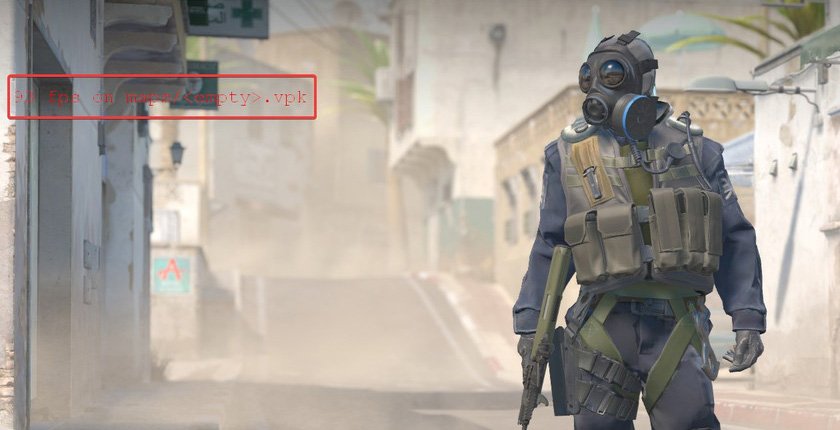BGREEN TV: Your Source for Green Innovations
Explore the latest trends and innovations in sustainable living, eco-friendly technology, and green entertainment.
Can CS2 FPS Help You Win Arguments? The Surprising Link Between Gaming and Real Life Strategies
Discover how CS2 FPS insights can elevate your argument skills and transform your real-life strategies. Unlock the gamer’s edge today!
How CS2 FPS Mechanics Can Sharpen Your Argumentation Skills
Playing CS2 not only enhances your reflexes and strategic thinking but also has surprising benefits for your argumentation skills. The fast-paced nature of the game requires players to make quick decisions based on limited information, similar to how arguments often unfold in real-life debates. In CS2, you develop the ability to analyze an opponent's strategy, anticipate their moves, and respond effectively, mirroring the skills required to dissect counterarguments and construct effective rebuttals. By honing these instincts, you can approach discussions with a more tactical mindset, improving your overall persuasiveness.
Moreover, CS2 encourages teamwork and communication, critical components in effective argumentation. Just as players must communicate and collaborate with their teammates to secure victory, individuals in a discussion need to articulate their ideas clearly and listen to others. Engaging in cooperative gameplay fosters a sense of respect for diverse viewpoints, allowing players to strengthen their argumentation skills by considering alternative perspectives. By leveraging the mechanics and collaborative aspects of CS2, you can enhance your ability to craft compelling arguments and engage in meaningful dialogues.

Counter-Strike is a popular first-person shooter franchise that has captivated gamers around the world for decades. With the release of Counter-Strike 2, many players have encountered issues such as the cs2 vac was unable to verify, which can affect their gaming experience. The game focuses on teamwork, strategy, and skill, making it a staple in competitive gaming.
Level Up Your Debate Tactics: What Gamers Know About Winning Arguments
In the world of gaming, strategy is key, and this is directly applicable to mastering effective debate tactics. Gamers understand the importance of leveling up their skills and adapting their approach based on the opponent they face. Just like in a competitive game, winning an argument requires identifying your strengths, understanding the weaknesses of your opponent, and employing the right tactics at the right time. For instance, using visual aids or compelling analogies can serve as powerful tools to back up your claims and resonate with your audience. Always remember, the goal is not just to win but to engage and persuade effectively.
Another essential tactic drawn from gaming is the power of team dynamics. In multiplayer games, collaboration often leads to success, which can be paralleled in debates. By building alliances and seeking support from others, you can fortify your arguments and present a united front. Remember to listen to feedback and adjust your strategy accordingly—much like adapting your gameplay after observing an opponent's moves. Encourage open dialogue and foster a collaborative environment, as this can lead to deeper insights and a more compelling case for your argument. Ultimately, applying these gaming-inspired tactics can help you level up your debate skills and achieve more persuasive outcomes.
Can Strategies from CS2 FPS Influence Real-Life Persuasion Techniques?
Counter-Strike 2 (CS2) not only captivates players with its fast-paced gameplay but also offers intriguing insights into real-life persuasion techniques. In CS2, players often employ strategies that revolve around understanding opponent behavior, leveraging psychological tactics, and creating a sense of urgency. For instance, the concept of 'bait and switch' can be directly applied to real-life scenarios, where a person leads someone into a false sense of security before revealing their true intent. This tactic highlights the importance of first impressions in persuasion, as they can significantly influence an individual's decision-making process, ultimately determining the outcome of any negotiation.
Furthermore, effective communication within a CS2 team mirrors the principles of persuasion in everyday interactions. Players must communicate their strategies clearly, often persuading teammates to adopt a specific plan of action to achieve victory. This parallels persuasive communication in the real world, where articulating one’s ideas with clarity and enthusiasm can significantly affect others' receptiveness. Additionally, showcasing confidence while presenting an argument, akin to how players must convey conviction in their strategies during gameplay, can sway opinions and foster trust, making the communicator more compelling in both virtual and real-world scenarios.